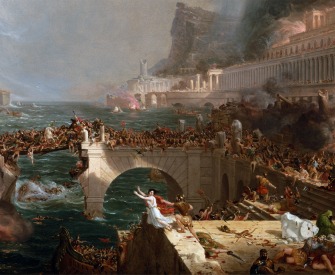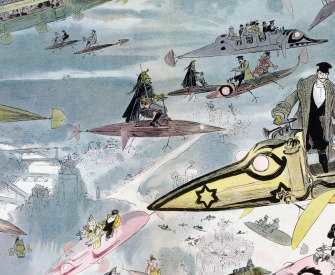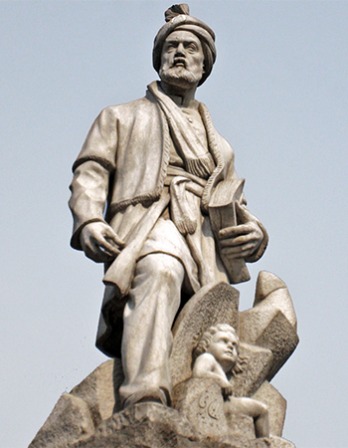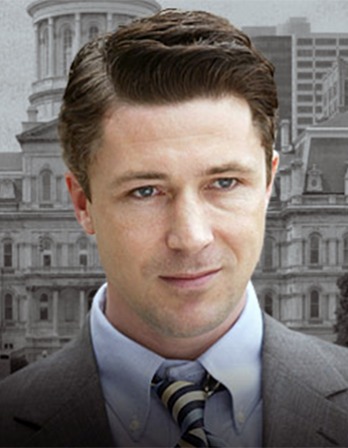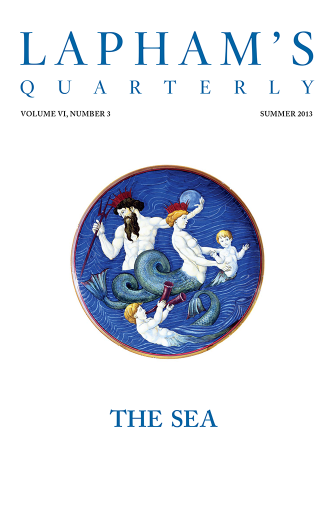Every nation like every individual is born free. Absolute freedom is the birthright of every people. The only limitations are those which a people may place over themselves.
The British connection is invaluable as long as it is a defense against any worse connection sought to be imposed by violence. But it is only a means to an end, not a mandate of providence or nature. The alliance of neighbors, born of suffering for one another’s sake, for ends that purify those who suffer, is necessarily a more natural and more enduring bond than one that has resulted from pure greed on the one side and weakness on the other. Where such a natural and enduring alliance has been accomplished among Asiatic peoples and not only between the respective governments, it may truly be felt to be more valuable than the British connection itself, after that connection has denied freedom or equality, and even justice.
Is violence or total surrender the only choice open to any people to whom freedom or justice is denied? Violence at a time when the whole world has learned from bitter experience the futility of violence is unworthy of a country whose ancient people’s privilege it was to see this truth long ago.
Violence may rid a nation of its foreign masters but will only enslave it from inside. No nation can really be free which is at the mercy of its army and its military heroes. If a people rely for freedom on soldiers, the soldiers will rule the country, not the people. Till the recent awakening of the workers of Europe, this was the only freedom which the powers of Europe really enjoyed. True freedom can exist only when those who produce, not those who destroy or know how to live only on another’s labor, are the masters.
Even were violence the true road to freedom, is violence possible to a nation which has been emasculated and deprived of all weapons, and the whole world is hopelessly beyond all our possibilities in the manufacture and the wielding of weapons of destruction?
Submission or withdrawal of cooperation is the real and only alternative before India. Submission to injustice puts on the tempting garb of peace and gradual progress, but there is no surer way to death than submission to wrong.
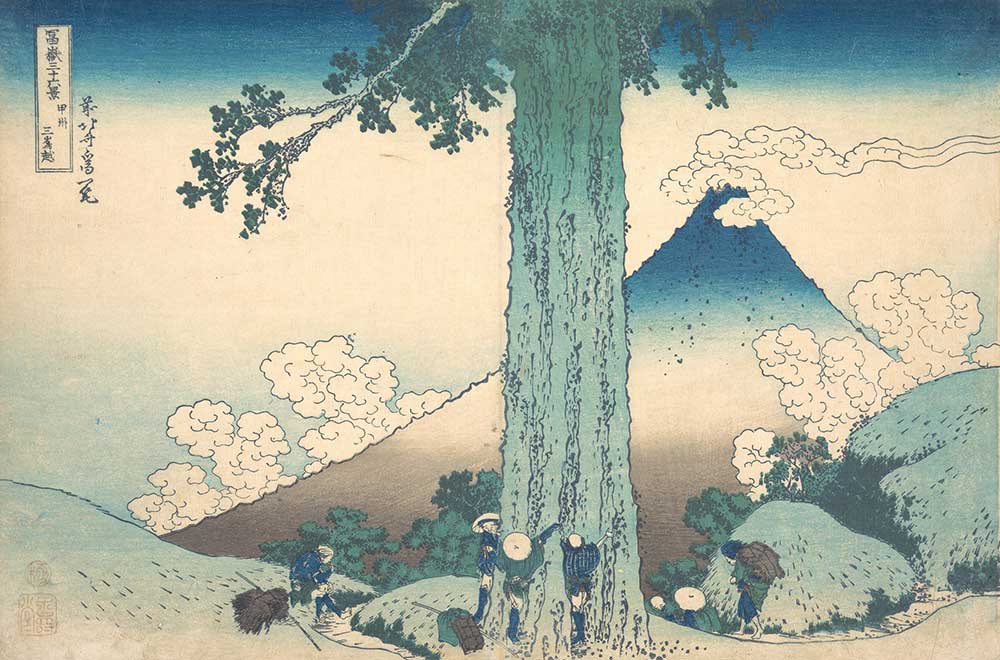
Mishima Pass in Kai Province, from the series Thirty-Six Views of Mount Fuji, by Hokusai, c. 1830. The Metropolitan Museum of Art, Howard Mansfield Collection, purchase, Rogers Fund, 1936.
Freedom is a priceless thing. But it is a stable possession only when it is acquired by a nation’s strenuous effort. What is got by chance or outward circumstance, or given by the generous impulse of a tyrant prince or people, is not a reality. A nation will truly enjoy freedom only when, in the process of winning or defending its freedom, it has been purified and consolidated through and through, until liberty has become a part of its very soul. Otherwise it would be but a change of the form of government, which might please the fancy of politicians, or satisfy the classes in power, but could never emancipate a people. An act of Parliament can never create citizens in Hindustan. The strength, spirit, and happiness of a people who have fought and won their liberty cannot be got by reform acts. Effort and sacrifice are the necessary conditions of real, stable emancipation. Liberty unacquired, merely found, will on the test fail like the Dead Sea apple or the magician’s plenty.
The war that the people of India have declared and which will purify and consolidate India, and forge for her a true and stable liberty, is a war with the latest and most effective weapon. In this war, what has hitherto been in the world an undesirable but necessary incident in freedom’s battles—the killing of innocent men—has been eliminated, and that which is the true essential for forging liberty—the self-purification and self-strengthening of men and women—has been kept pure and unalloyed. It is for men, women, and youth—every one of them who lives in and loves India—to do his bit in this battle, not waiting for others, not calculating the chances of his surviving the battle to enjoy the fruits of his sacrifice. Soldiers in the old-world wars did not insure their lives before going to the front. The special privilege of youth is to exercise their comparative freedom for country’s sake and give up the yearning for lives and careers built on the slavery of the people.
That on which a foreign government truly rests, whatever may be the illusions on their or our part, is not the strength of its armed forces but our own cooperation. Actual service on the part of one generation and educational preparation for future service on the part of the next generation are the two main branches of this cooperation of slaves in the perpetuation of slavery. The boycott of government service and the courts is aimed at the first; the boycott of government-controlled schools is to stop the second. If either the one or the other of these two branches of cooperation is withdrawn in sufficient measure, there will be an automatic and perfectly peaceful change from slavery to liberty.
From his introduction to Mahatma Gandhi’s Freedom’s Battle. Rajagopalachari joined Gandhi’s movement in 1919 and in 1948 became the only Indian to serve as governor-general; the position was abolished at the end of his term. At odds with Gandhi and Jawaharlal Nehru over his support for free enterprise, Rajagopalachari left the Congress Party in 1959, five years after he had supported censoring a satirical performance of the Ramayana that many Hindus found offensive, insisting that “the government is the lawful guardian in the matter of safeguarding the sentiments of the people.”
Back to Issue


